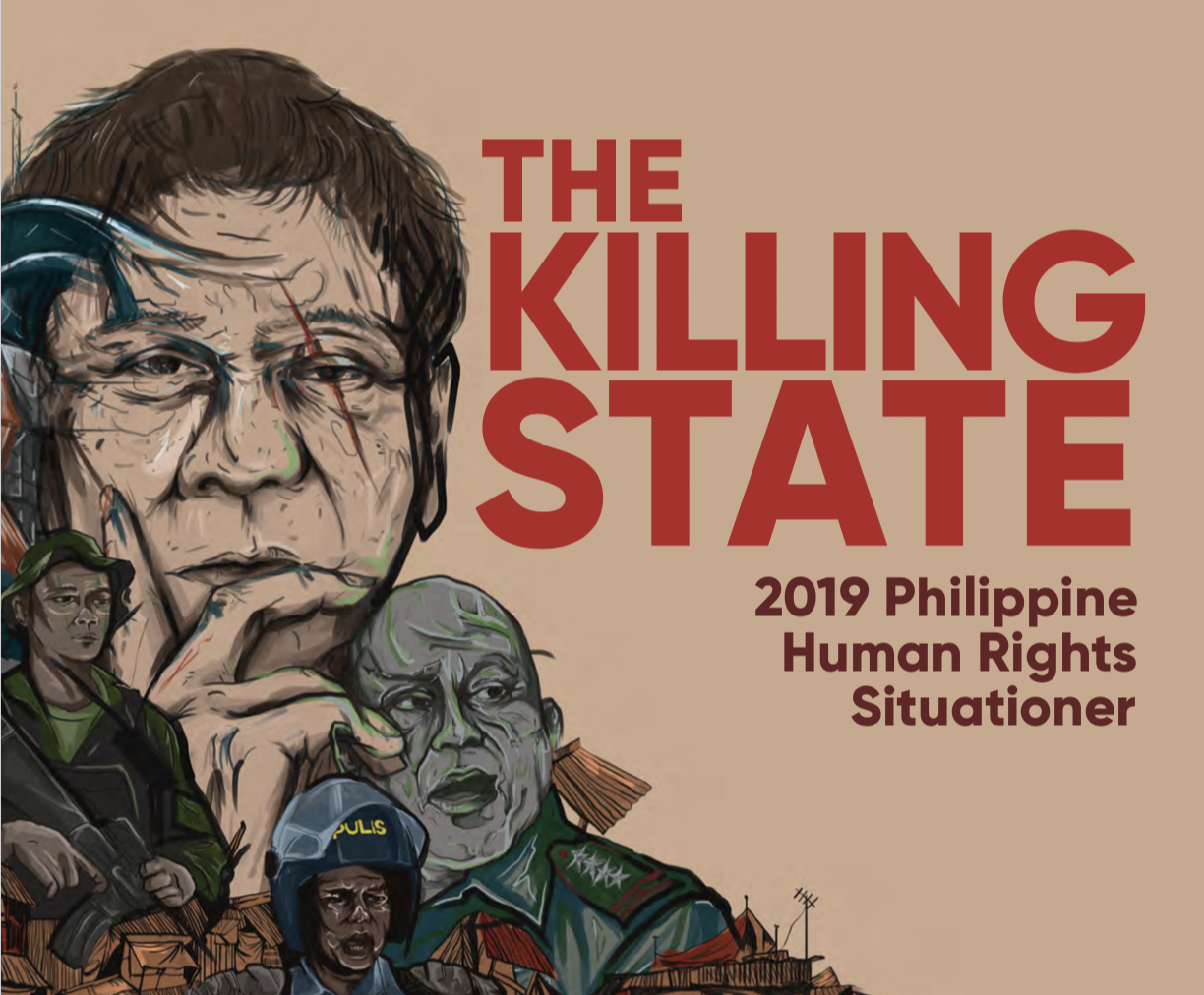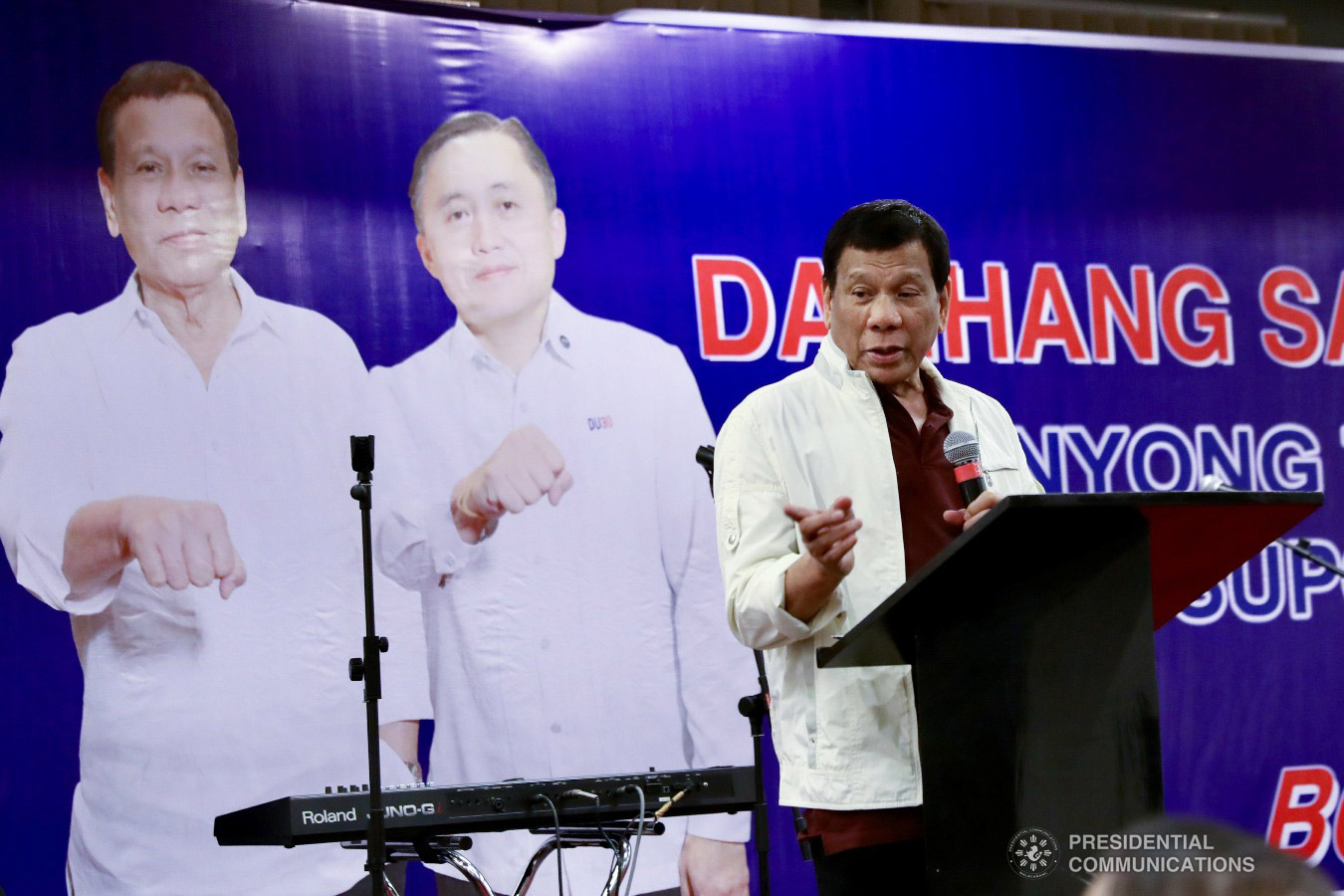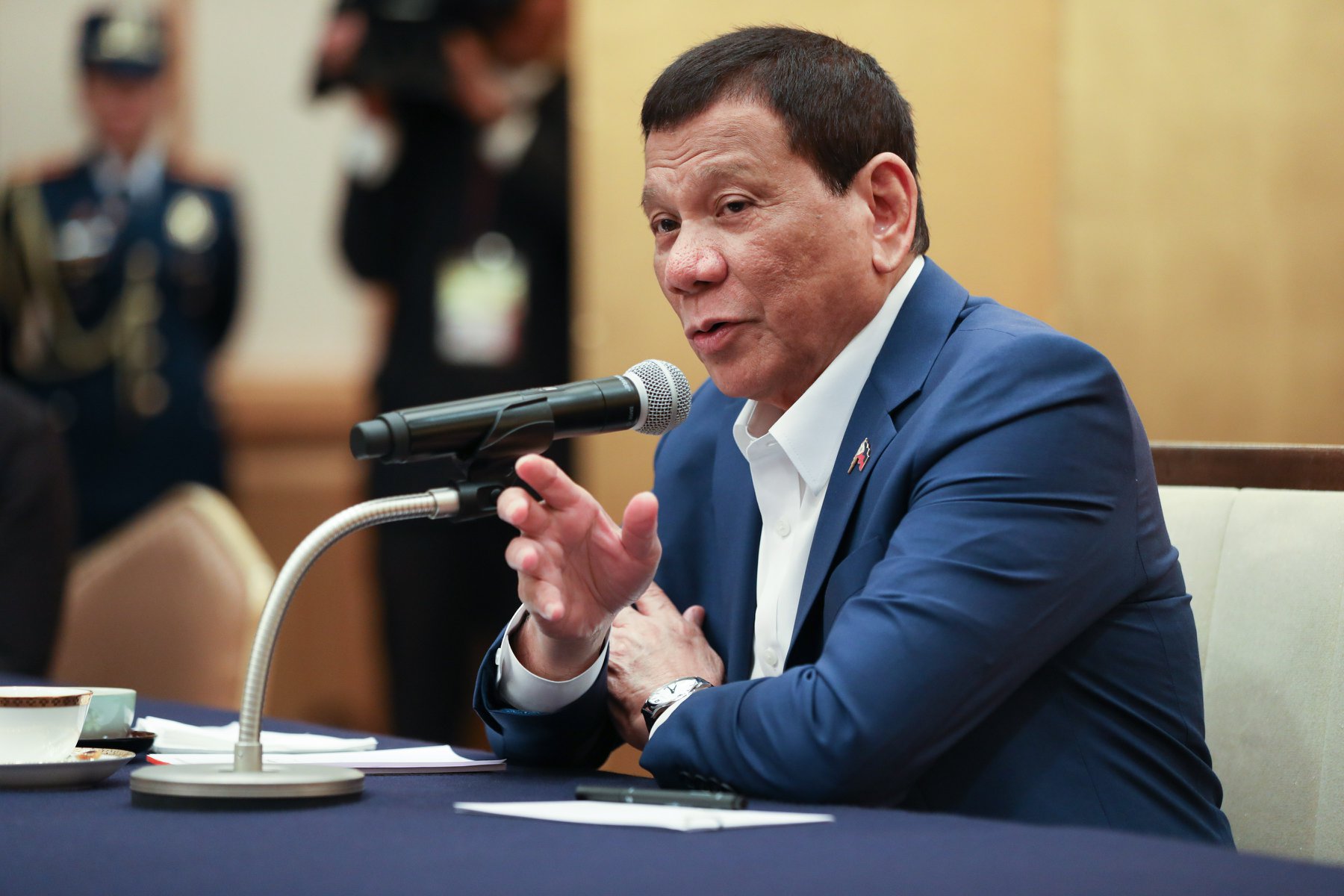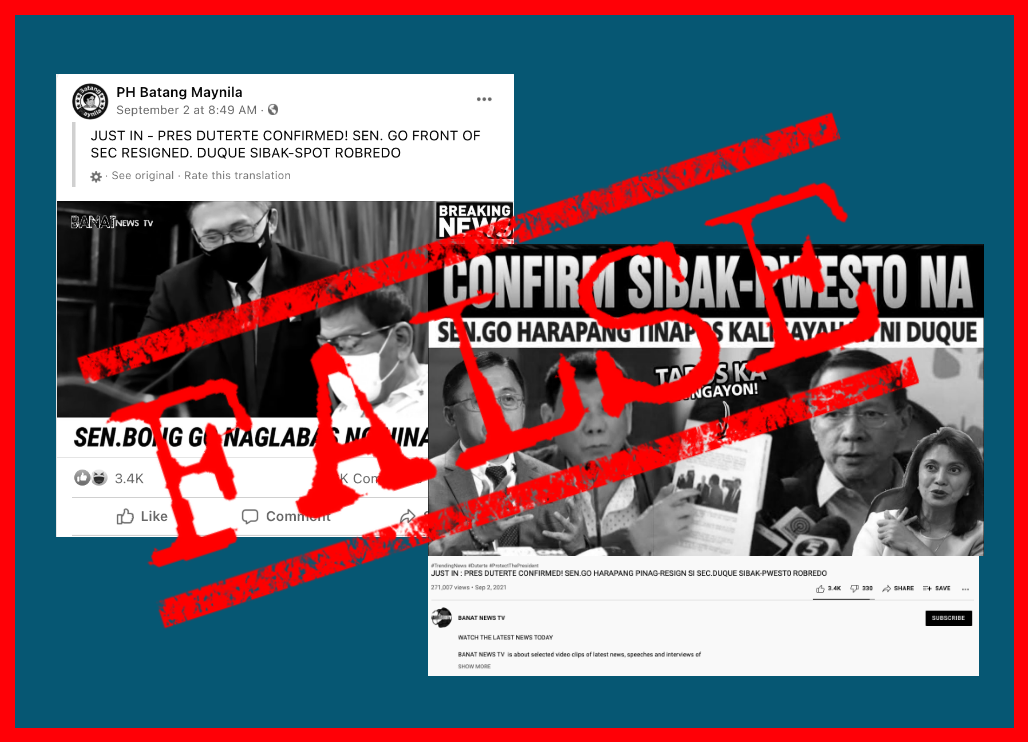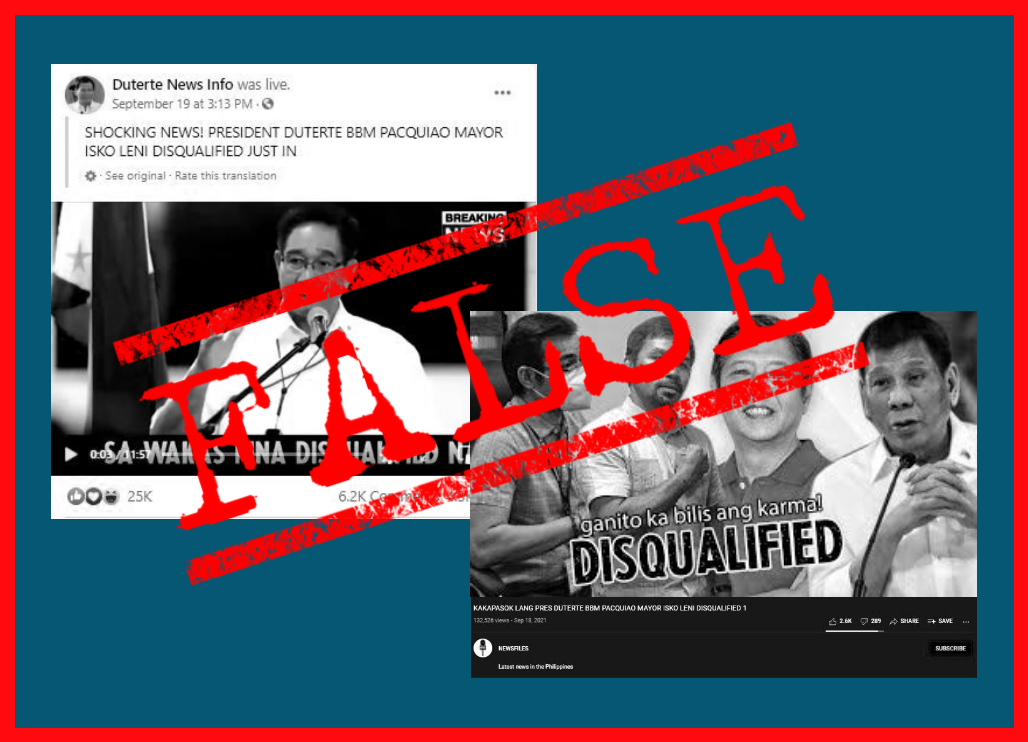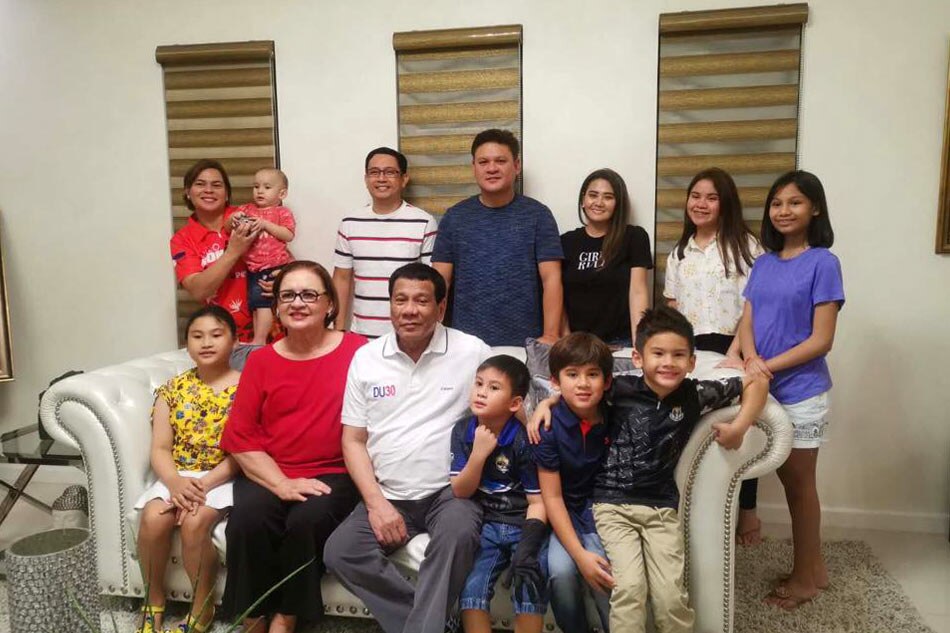Efforts to exact accountability from the Duterte administration for abuses of human rights particularly in connection with its bloody war on drugs are getting stronger push this year from international bodies, according to the Philippine Human Rights Information Center (PhilRights).
“Not all hope is lost. If 2019 cemented President Duterte’s hold on power and furthered his anti-human rights agenda, there are equivalent developments that offer glimmers of hope for human rights,” the group said in its latest report — The Killing State: 2019 Philippine Human Rights Situationer.
PhilRights serves as research and information center of the Philippine Alliance of Human Rights Advocates (PAHRA), an umbrella organization committed to the promotion, protection and realization of human rights in the country.
In the report, Philrights cited ongoing progress on the probes of the United Nations Human Rights Council (UNHRC) and the International Criminal Court (ICC) on human rights violations under the Duterte administration.
The UNHRC adopted in July 2019 the Iceland-led resolution to investigate the human rights situation in the Philippines, including alleged extrajudicial killings and enforced disappearances. Philrights attributed this development to the aggressive lobbying of Filipino and international human rights groups in Geneva and across Europe.
It is expected to come out with its report by July this year.
Rose Trajano, secretary-general of (PAHRA), said the resolution boosts the momentum of human rights groups’ international advocacy efforts, especially in view of the Philippine government’s decision in 2018 to withdraw from the Rome Statute, thereby also withdrawing from the International Criminal Court.
“This resolution is even more critical because while we lost access to an international body, we now have another international human rights body to prepare a report,” Trajano cited.
ICC Chief Prosecutor Fatou Bensouda, meanwhile, had said her office was expected to finalize its preliminary investigation within the year. This would be the basis for their assessment on whether or not the case filed against President Rodrigo Duterte on alleged human rights violations in the conduct of his anti-drug campaign can push through.
“For Bensouda’s Office to commit to a definite timeline is a significant step forward. That a decision will arrive on the same year that the UN Human Rights Council — and the world at large — will hear a report from the High Commissioner for Human Rights means that the international community will keep paying attention to the human rights crisis unfolding in the Philippines,” Philrights noted.
“What these developments demonstrate is that exacting accountability against those who violate human rights have taken a more global character, and are perhaps more effective for it, given how many of these same human rights violators have personal and financial interests in foreign territories,” it further explained.
On the local front, the group cited the growing support for the human rights advocacy as well as the empowerment of communities.
“There is an ongoing harmonization of initiatives in documenting and reporting human rights violations, in educating grassroots communities on basic human rights concepts, and in capacitating vulnerable sectors, including victims of human rights violations and their families with knowledge and information on the claiming and defense of their rights,” Philrights said.
But then, it lamented that harnessing public support for victims of human rights violations and their families, as well as for human rights defenders, journalists, and activists whose lives have been put at risk continues to be a challenge.
It noted President Duterte’s high satisfaction ratings in the surveys conducted by the Social Weather Stations and Pulse Asia, as well as the strong public approval for the war on drugs despite the increasing recognition that those responsible for the campaign have committed violations.
The group thus warned against the chilling effect of the numbers, and how this should not distract people from seeking accountability for rights violations in the hands of the government.
“Haven’t we pondered if our situation today is not normal? The fact that we have to hide… isn’t that unusual?” asked Nymia Pimentel-Simbulan, executive director of PhilRights. She noted how the normalization of violence in the past three years of the Duterte administration has encroached on people’s freedoms of expression, association and assembly.
Despite the killings due largely to the state-sponsored war on drugs, official government statistics seem to paint a pretty picture of the Philippine economy.
The Gross Domestic Product (GDP) grew by 6.4 percent in 2019 and inflation slowed down to 2.5 percent from the previous year’s 5.1 percent.
Surveys from independent pollsters show strong support for Duterte and his policies.
However, behind those numbers and survey results, the daily minimum wage rates and low farm-gate prices of key agricultural products remain low, the report cited.
It said the daily minimum wage rate in the Philippines ranging from P282 to P537, was among the lowest in the world. Despite the purported opportunities brought by economic growth, the group quoted local think-tank IBON Foundation in describing these as “temporary and (of) poor quality.”
The high inflation in 2018, at 5.1 percent for the full year, was attributed to high prices of rice, which led to the passage of the Rice Tariffication Law that, in turn, lowered the price of imported rice and ensured a steady supply in the market at affordable prices.
The law had a blowback on local rice farmers, who claim that their produce were sold for at as low as P7 to P8 per kilogram, which could not make up for production costs.
Coconut farmers in Mindanao have also reported to have earned less than half of what they used to in 2019, with prices plummeting to P3.50 per kilogram compared with P8 to P9 in 2018.
The farmers were hopeful that Duterte would sign the bills that would distribute the long withheld coconut levy funds, a tax collected by the administration of the late dictator Ferdinand Marcos that was partially siphoned to the businesses of his cronies. However, these bills were vetoed and moves to override the veto are still pending in both houses of Congress.
Given these conditions, violence has continually been used to prevent dissent, the human rights group said.
“This year is one of heightened violence, sown in cities and in the countryside and intended to instill terror among those who refuse to toe the line,” PhilRights said in its report.
It further noted that a farmers group in Eastern Visayas reported at least 34 victims of extrajudicial killings in Samar and Leyte in 2019. Journalists and government critics were also in the death count in 2019.
But the attacks don’t always claim lives, nor are they always done face-to-face. PhilRights noted an increase in incidence of cyberattacks in 2019. This included an attack on its own website in September. Other websites targeted by distributed denial of service (DDoS) attacks include Altermidya, Bulatlat, KARAPATAN, the National Union of Journalists of the Philippines, and Human Rights Online Philippines.
Scrutiny of foreign donors to Philippine non-government organizations (NGOs) also increased in 2019, especially those critical of how the administration handles human rights issues. Foreign Affairs Secretary Teodoro Locsin Jr. went as far as ordering European embassies to clear all donations to NGOs with his department.
Pacifico Agabin, former dean of the University of the Philippines College of Law, said these issuances could cause a “chilling effect on political advocacies and thought that is not in consonance with the policies of the administration.”
Taking these into consideration, Philrights said the fight isn’t over for human rights defenders in the Philippines.
“President Duterte won’t be the only one fighting,” it said in concluding its report.
Read PhilRights’ full report:
PhilRights – The Killing St… by VERA Files on Scribd
